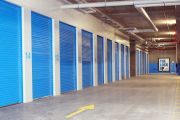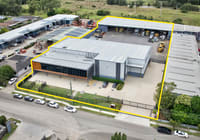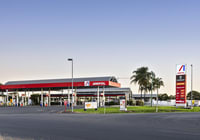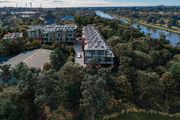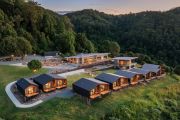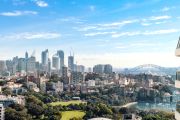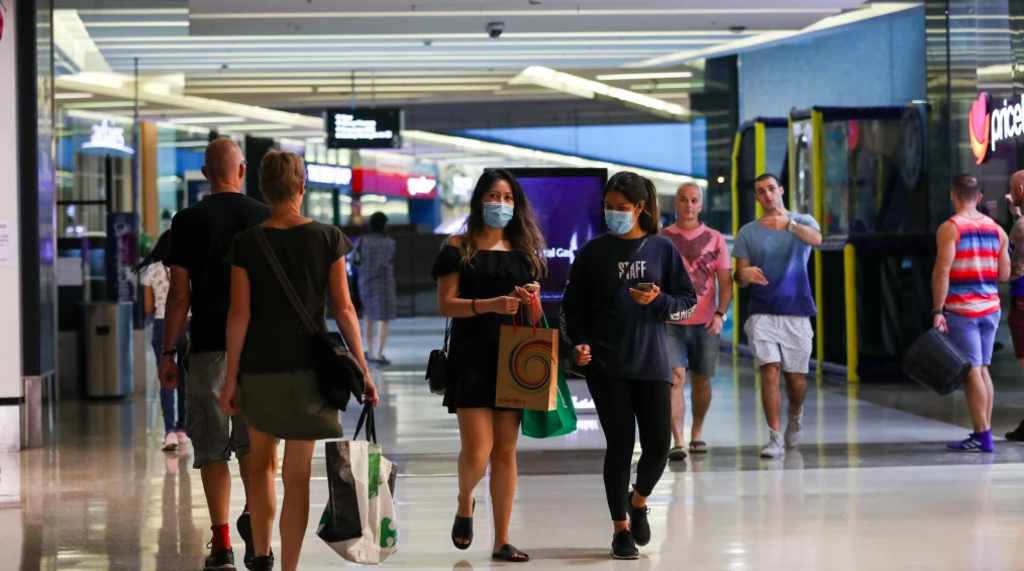
Australia's retail sector is bouncing back from the COVID-19 crisis faster than many landlords imagined
Australia’s retail industry is bouncing back from the COVID-19 lockdown much more quickly than anyone anticipated, according to some of the biggest shopping centre operators in the country.
After the vast majority of stores across the nation closed in the early days of the pandemic, 80 per cent of them were now back in business as restrictions have eased over the past few weeks.
“And we’re finding foot traffic is now 80 per cent of what it was this time last year,” said Phil McAveety, director of customer experience at the Scentre Group, which operates under the Westfield brand.
“It’s coming back more quickly than we’d imagined, with New Zealand now seeing 93 per cent of retailers back operating.
“In the past couple of weeks, as foot traffic has risen, the spend is going up too. Once we’ve got beyond necessities like food and pharmacy items, we’re seeing anything to do with home in big demand, like homewares, home improvements and TVs.
“We’re also seeing youth fashion coming back really quickly and from next week, we’ll see further growth in out-of-home dining and street dining and entertainment.”
Mr McAveety was taking part in a panel discussion organised by the Property Council of Australia about building owners’ experiences of providing COVID-safe retail precincts, offices, workplaces and public spaces ready for an economic reboot.
They reported that retail was, quite unexpectedly, leading the way forward for a return to the “new normal”.
Louise Mason, chief executive of commercial property at Stockland, said about 85 per cent of stores in their centres had now re-opened with new protocols in place regarding cleaning, sanitisers, security and plenty of advice on maintaining social distancing.
“We are all quietly pleased and quietly optimistic for the future,” she said. “Western Australian and Queensland even opened up on last year, which is a really good sign.”
It’s an expression of confidence in shopping, and an eagerness to return to stores, that has also taken Bob Johnston, chief executive of The GPT Group, by surprise. He, too, said foot traffic was up on this time last year.
“The biggest surprise has been that turnaround,” he said. “People have been keen to get back out and experience shopping centres and it shows how we’re all social animals.
“Customers have also been generally respectful of the need for social distancing and are working with the restrictions.”
Mr McAveety said people’s desire to be social would keep bricks-and-mortar shopping going, and strong brands and strong retailers offering good customer experiences would flourish while the weaker ones, with frailer customer connections, might go to the wall.
Online shopping would also continue to grow, with an acceleration of the trends already happening, said Mr Johnston, and with some consolidation of those trends that they were currently seeing with K-Mart and Target.
Ms Mason also foreshadowed that there would be more non-traditional shopping centre tenants, such as post offices, education, and health and wellbeing stores, take up residence.
There’s also been more opportunity to develop, and introduce, innovation in business, says Mr McAveety.
“So in the next three to six months, we’ll be delivering a whole range of customer benefits that might have taken us a little bit longer had business not been brought into such sharp relief,” he said.
The pandemic had also forced business and government to work together much more closely, and effectively, for the good of the nation. “If we could keep that level of cooperation and engagement,” said Mr Johnston, “that would be great for the Australian economy.”
The forum heard that industrial real estate had generally been less affected by the pandemic, although it was much more of a mixed bag.
Companies involved with logistics for online shopping, for instance, had been extremely busy, having to find more space for storage, while those in the automotive industry had been down almost 50 per cent across the country as people stayed home, Ms Mason said.
It’s less certain, however, how the commercial office sector would fare as Australia re-emerged from the shutdown.
Mr Johnston said there was only 5 to 10 per cent occupancy of offices in the country’s CBDs at the moment and that was showing only slow signs of changing.
“We need to reboot Australia’s CBDs as a lot of businesses depend on them,” Mr Johnston said. “I’m sure there will be an element of working from home going forward, but we need to get people back and feeling comfortable in a responsible way.”


